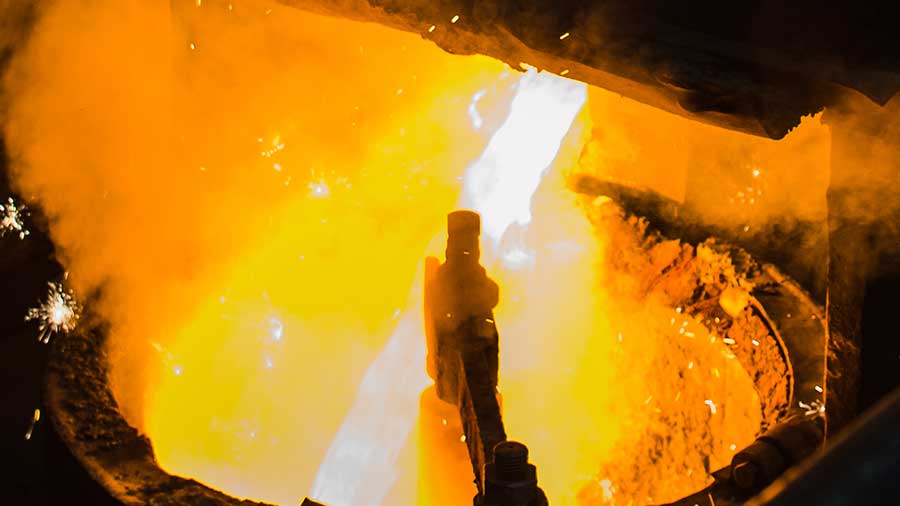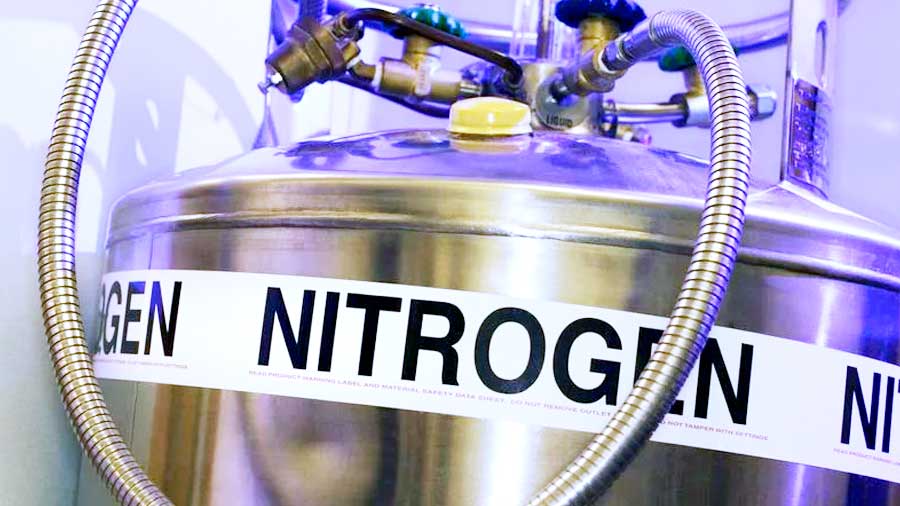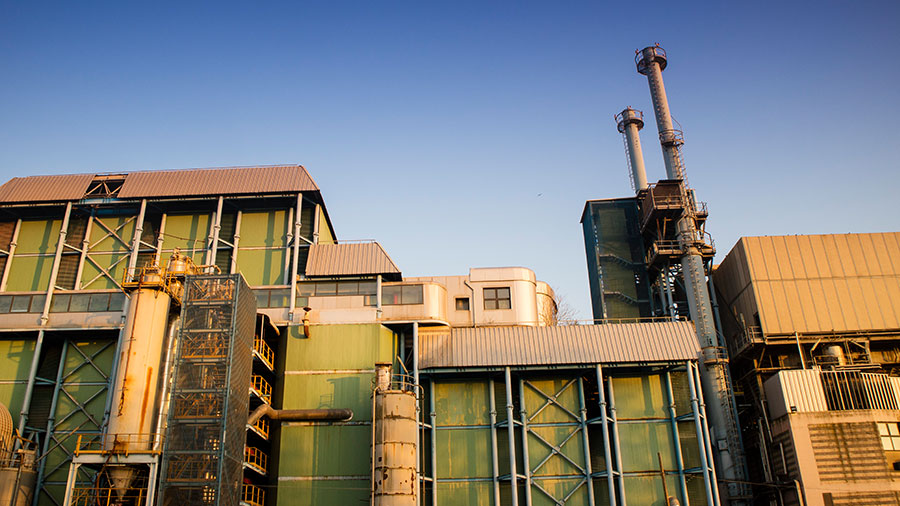NOX
COMPOUNDS AT HIGH TEMPERATURES
What are nitrogen oxides (NOx)?
Nitrogen oxides are compounds formed by nitrogen and oxygen. In particular, “NOx” refers to nitrogen oxide (NO), nitrogen dioxide (NO2) and nitrous oxide (N2O). These compounds are commonly generated when the elements in question are combined with oxygen at high temperatures in combustion chambers (e.g. incinerators).


Problems caused by NOx
When they are combined with oxygen, these compounds (whether in gaseous or liquid state or as part of a solid that contains nitrogen) are oxidised and converted into NOx.
These gases contribute greatly to the greenhouse effect (for example, N2O is 300 times more harmful than CO2). Additionally, NOx combines with moisture in the atmosphere to produce acid rain, which makes it very hazardous to the environment.
NOx emissions are commonly treated using technologies such as Selective Catalytic Reduction (SCR) and Selective Non-Catalytic Reduction (SNCR).
- With SCR, a catalyst is used to convert the NOx into molecular nitrogen (N2) and water (H2O) at temperatures between 350 ºC – 500 ºC. In order for the reactions to take place, catalysts with heavy metals (e.g. palladium, platinum, etc.) are required.
- With SNCR, the NOx is converted into molecular nitrogen (N2), carbon dioxide (CO2) and water (H2O). Unlike SCR, this process can be carried out using ammonia (NH3) or urea.
These types of compound are commonly generated during the process of incineration in combustion chambers that usually operate at temperatures of more than 1000 ºC. Subsequently, the flue gases are usually sent to energy recovery systems (e.g. recovery boilers, boilers that generate steam or hot water, etc.). It is there that the solution of ammonia or urea can be injected in order to neutralise the compounds.
Which industrial sectors are affected by NOx?
The sectors that are most affected include the incineration of urban and medical/hospital waste, and treatment plants for the incineration of sludge with a high nitrogen content.

Specialists in the sectors that are most sensitive to environmental impacts
We drive sustainable productivity and innovation for industries with more extensive and more complex needs.








